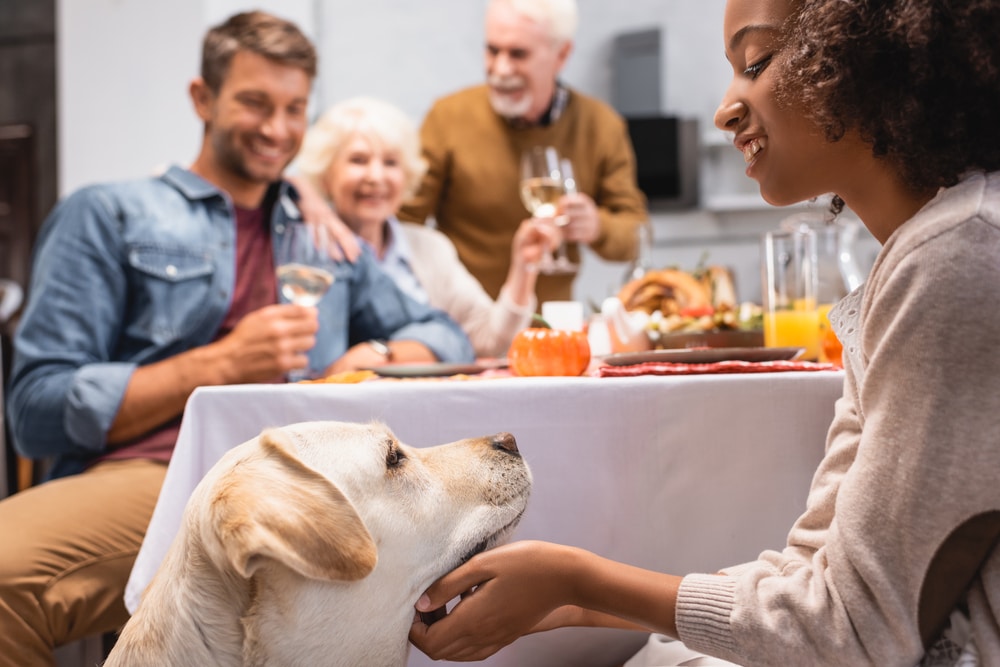In veterinary clinics, there are a lot of cases where dogs suffer from alcohol poisoning. Dogs can get in contact with alcohol when they mistakenly drink it or from common ingredients in disinfectants and hand sanitizers. They can be poisoned not only through ingestion but also through absorption through the skin from some spray-on flea treatments that contain isopropanol (a type of alcohol). So, if that happens, how does alcohol affect a dog?
Alcohol severely affects dogs. Dogs should not be allowed to ingest or come near alcohol of any amount. Alcohol poisoning in dogs starts with low temperature, slowed breathing and heart rate, and vomiting. Another main symptom is a depressed central nervous system followed by urinating or defecating involuntarily.
Table of Contents
What Happens When A Dog Drinks Alcohol?

If an accident has happened and you find yourself in a situation where your dog has ingested alcohol or its skin has been in contact with alcohol, the first thing to do is to take it to the vet. Your dog’s body absorbs alcohol in less than 30 minutes. Alcohol will, if left untreated, cause metabolic acidosis, which is very dangerous.
How Bad Is Alcohol For Dogs?
Alcohol is really bad for your dog, and it can be deadly if it has ingested a certain amount or you don’t take its case seriously. The effects of alcohol on your dog’s body are really dangerous and a vet needs to treat them.
Symptoms Of Alcohol Poisoning In Dogs
The first signs you might notice would be drooling, vomiting, and diarrhea. Alcohol also affects the respiratory tract. The symptoms would be difficulty breathing and respiratory distress. There is also the risk of aspiration pneumonia if your dog inhales its vomitus.
Alcohol also affects the central nervous system. Some signs of this are seizures, depression, and disorientation.
Effects Of Alcohol On Dogs
One of the first signs of alcohol effects in dogs is vomiting and hyper-salivating. By vomiting, your dog would lose a lot of liquids and would become dehydrated. There would also be a lack of coordination and tremors.
How To Prevent Ingestion
Preventing your dog from ingesting alcohol is as simple as not leaving open bottles or glasses around the home. It also means keeping any product with alcohol in a place your dog can’t get to. It really can’t be stated enough that any amount of alcohol is bad for your dog, so taking these extra precautions is important.
In addition, if anyone else is over, let them know your dog can’t have alcohol. This may seem silly, but sometimes people may think it’s funny and not know how dangerous it is.
Whenever you use a product on your dog such as a flea spray, always make sure to read the ingredients so you know it won’t have any alcohol. You could also get recommendations from your vet too.
In Conclusion: How Does Alcohol Affect A Dog?
So, in conclusion, now you know that alcohol does not have any positive effect on your best friend. So, you don’t need any reason to give alcohol to your dog if you desire your dog to be healthy and without any problems. Most importantly, be a careful and thoughtful owner and try not to let your dog come in contact with any amount of alcohol.
So, what do you think? Did you know how dangerous alcohol was for dogs before reading this article? Let us know your thoughts and why in the comments below!
